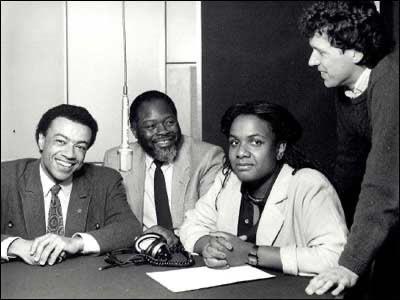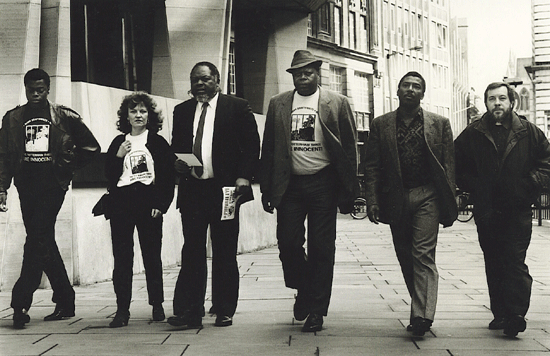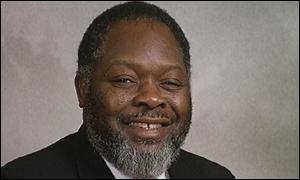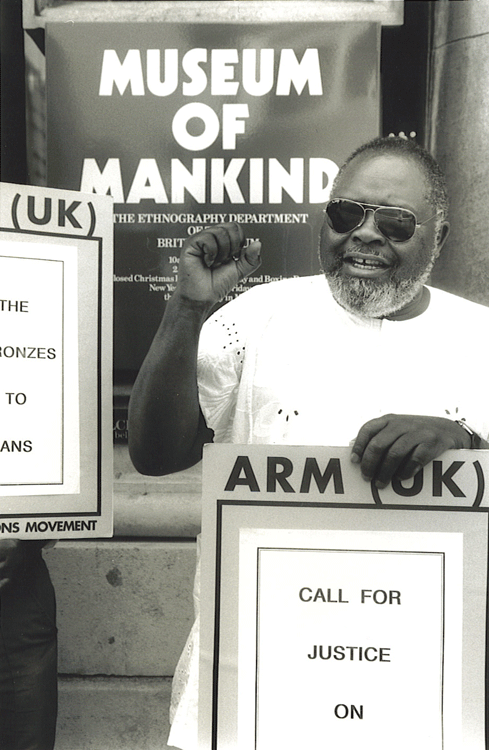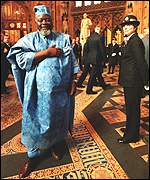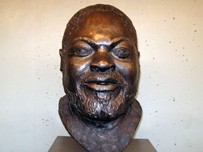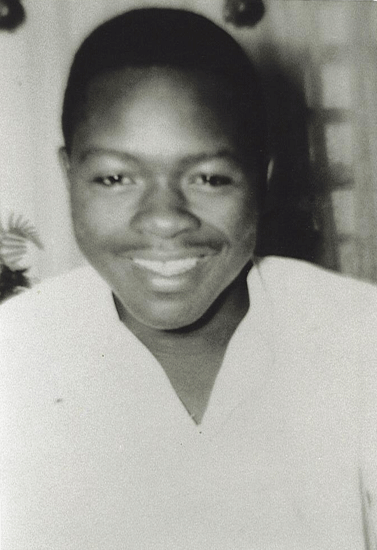May 18th: Today’s Feature
- webbworks333
- May 17
- 4 min read
May
Early Years & Education
Bernie Grant, born in Georgetown, British Guiana, came from a family of educators who decided to move to the United Kingdom in 1963 under the British government's initiative to encourage people from the crown colonies to settle there. Upon arriving in the UK, Grant pursued his education at Tottenham Technical College before embarking on a degree program in Mining Engineering at Heriot-Watt University in Edinburgh, although he did not complete his studies.

Political Career
During the mid-1960s, Grant was briefly affiliated with the Socialist Labour League, which was later known as the Workers Revolutionary Party under the leadership of Gerry Healy. His involvement in trade unions and local politics led him to become a Labour councillor in the London Borough of Haringey in 1978. Grant gained prominence when he spearheaded the resistance against the Conservative government's "rate capping" policy in 1984, which ultimately resulted in his appointment as the leader of the Borough of Haringey in 1985.
Known for his association with the Socialist Campaign Group, Bernie Grant was a vocal advocate against police racism. His political career culminated in his election as the Member of Parliament for Tottenham, London, in 1987, a position he held until his passing in 2000. Grant's legacy as a British Labour Party politician who championed social justice and equality continues to be remembered and celebrated by many to this day.
Serving as the council leader during the 1985 Broadwater Farm riot, Bernie Grant found himself in the midst of a national controversy following the murder of policeman PC Keith Blakelock. Grant's speech outside Tottenham Town Hall was widely misquoted, leading to swift denunciation from the Labour Party leadership and the Conservative Home Secretary, Douglas Hurd. Grant's comments were perceived as incendiary, with some labelling him as an extremist and "the high priest of conflict". Despite claiming that his words were taken out of context, Grant offered an apology to the family of PC Blakelock, emphasising that he was attempting to convey the sentiments of the youth on the estate.
Despite the backlash and controversy surrounding his statements, Bernie Grant was elected as the Member of Parliament for Tottenham in the 1987 general election. This marked a significant moment in British political history, as Grant became one of the UK's first Black British MPs. His election, alongside other members of the Labour Party Black Sections movement such as Diane Abbott and Paul Boateng, highlighted a shift towards greater diversity and representation in British politics. Additionally, Keith Vaz's election as Britain's first British Asian MP since the 1920s further underscored the changing landscape of Parliament.
Following his election as an MP, Bernie Grant continued to champion the rights and opportunities of Britain's ethnic minority communities. In 1989, he established and chaired the Parliamentary Black Caucus, drawing inspiration from the Congressional Black Caucus in the United States. The organisation was dedicated to advancing the interests and welfare of ethnic minorities in Britain, signalling Grant's ongoing commitment to social justice and equality. Despite facing challenges and criticism throughout his career, Grant's legacy as a trailblazer for diversity and representation in British politics remains significant.
A.R.M. - African Reparation Movement
In 1993, Grant played a pivotal role in establishing and leading the African Reparations Movement (ARM UK), a movement dedicated to advocating for reparations for the historical injustices of slavery and racism. The formation of ARM UK was a direct result of the 1993 Abuja Proclamation, which was announced during the First Pan-African Conference on Reparations in Abuja, Nigeria. This conference was organised by the Organisation of African Unity (OAU) in collaboration with the Nigerian government, highlighting the significance of the movement on an international scale.
Grant's efforts extended beyond the conference, as he took proactive steps to bring the issue of reparations to the forefront of political discourse. On 10 May 1993, Grant presented a motion in the House of Commons that called for global recognition of the moral debt owed to African people due to the atrocities of slavery and colonisation. The motion urged countries that had benefited from these practices to reconsider the need for reparations to be paid to Africa and its diaspora. This motion garnered significant support from various Members of Parliament, including prominent figures like Tony Benn, Tony Banks, and Jeremy Corbyn.
The ARM UK's "Birmingham Declaration" in 1994 further solidified the movement's objectives by calling upon individuals of African descent worldwide to unite in support of reparations. The declaration emphasised the importance of forming a strong, united front to address the enduring economic, cultural, and psychological impacts of historical exploitation. Grant's approach to reparations encompassed a wide range of demands, including the repatriation of looted African cultural artefacts and financial assistance from the British government for those seeking to return to their ancestral homelands. Grant's visionary leadership and unwavering commitment to the cause of reparations have left a lasting impact on the global discourse surrounding historical injustices and the quest for restitution.
Death & Legacy
Bernie Grant, tragically passed away from a heart attack on 8 April 2000 at Middlesex Hospital. He was only 56 years old at the time of his untimely death. The news of his passing sent shockwaves throughout the nation, as Grant had been a well-respected and influential figure, particularly within the black community.
The funeral procession for Bernie Grant took place on 18 April, drawing a remarkable turnout of approximately 3,000 people who came to pay their respects to the late politician. The procession made its way through Tottenham, where Grant had served as the Member of Parliament, before reaching Alexandra Palace for a memorial service. As the procession passed the Broadwater Farm estate, it paused, allowing the community to bid farewell to their beloved representative.
The funeral service itself was a poignant and diverse affair, reflecting the impact Bernie Grant had made on people from all walks of life. The event featured a variety of performances, including dancers, singers, a Highland piper, and African drums. Notable political figures, such as Home Secretary Jack Straw, Culture Secretary Chris Smith, and Minister for International Development Clare Short, were also in attendance. Additionally, Paul Boateng and Keith Vaz, who held the distinction of being Britain's most senior BAME (Black, Asian, and Minority Ethnic) ministers at the time, paid their respects to Grant, highlighting his significant contributions to the advancement of minority communities in the country.



